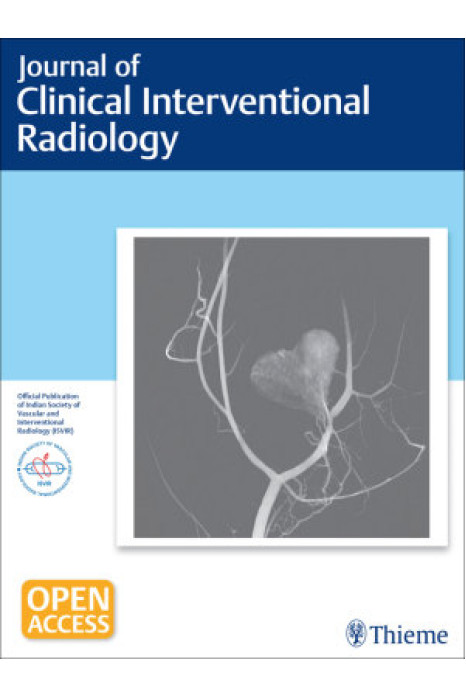The Role of the Journal of Clinical Publications in Evidence-Based Medicine
The Role of the Journal of Clinical Publications in Evidence-Based Medicine
Blog Article
Discover the most recent Study in the Journal of Professional Publications
As these trends continue to advance, they elevate vital questions concerning their long-term ramifications for patient treatment and future research study ventures. What might these developments suggest for the landscape of scientific practice and individual empowerment?
Current Development Studies
These studies have employed innovative methods that enhance data integrity and applicability in clinical setups. Recent study using genomic sequencing has actually provided understandings into the genetic underpinnings of illness such as cancer cells and rare genetic problems.
Additionally, innovations in imaging techniques have improved diagnostic accuracy and treatment tracking. Researches showcasing the efficacy of sophisticated MRI and pet dog scans have caused earlier detection of conditions like Alzheimer's disease, allowing timely treatments that can substantially boost client outcomes.
Furthermore, clinical tests concentrating on unique medicinal representatives have generated promising outcomes, especially in the realm of chronic illness such as diabetes mellitus and cardiovascular problems. These trials highlight the significance of continued research in developing much more reliable restorative options, ultimately improving individual treatment.
Emerging Patterns in Scientific Research
The landscape of clinical research is developing rapidly, driven by technical developments and a growing emphasis on patient-centered methods. Among one of the most remarkable trends is the combination of huge information analytics and expert system, which permits scientists to evaluate large amounts of details from diverse sources - journal of clinical publications. This improves predictive modeling, enabling even more accurate individual stratification and tailored therapy strategies
In addition, decentralized scientific tests are acquiring traction, facilitated by telemedicine and mobile wellness innovations. This strategy not just boosts access for individuals however also speeds up employment and data collection processes. The focus on real-world proof is improving the way effectiveness and security of interventions are analyzed, moving past typical randomized regulated trials.
Additionally, the surge of collaborative networks in between scholastic institutions, sector, and governing bodies promotes development and accelerates the translation of study searchings for right into medical technique. The incorporation of patient-reported end results into test layouts represents an important change in the direction of understanding the individual experience, making certain that study lines up with person needs and choices. Generally, these arising fads are positioned to redefine the future of clinical research study, improving both its effectiveness and relevance.
Influence On Individual Care
Improvements in professional research techniques have a substantial effect on person treatment, basically changing just how therapies are developed and provided. Boosted study styles, such as flexible trials and real-world proof researches, enable clinicians to obtain even more appropriate data, causing enhanced decision-making in therapeutic techniques. These methodologies assist in the recognition of effective treatments customized to specific person demands, which is essential in personalized medicine.
Moreover, the combination of technology in research study, consisting of electronic wellness records and telemedicine, has streamlined information collection and boosted patient interaction. This not just speeds up the research study procedure however also makes sure that findings are swiftly equated right into clinical practice, therefore enhancing person end results.
The emphasis on patient-centered research cultivates a more comprehensive technique, considering diverse populations and their details wellness challenges. This inclusivity leads to therapies that are extra reliable and much safer for a more comprehensive array of patients.
Inevitably, the constant development of medical study not only boosts the quality of treatment but additionally encourages individuals by entailing them in their treatment journeys, making certain that their voices are heard in the advancement of medical care remedies.
Implications for Future Research
As we look ahead, the effects for future research study in clinical setups are both encouraging and complicated. The advancing landscape of healthcare requires a diverse approach to research that addresses the intricacies of patient treatment, technological advancements, and emerging health challenges. Future research studies will require to prioritize interdisciplinary partnership, integrating insights from fields such as genomics, informatics, and behavior science to improve client outcomes.
Additionally, the increase of personalized medicine emphasizes the need for research that concentrates on tailored treatments based upon private patient accounts. Exploring social components of wellness will additionally be crucial, as understanding the broader context in which patients live can notify a lot more effective treatment techniques.

Key Highlights From Current Problems

In addition, current study has focused on the impact of telehealth in enhancing accessibility to care, specifically throughout the continuous worldwide health and wellness crisis - journal of clinical publications. Several articles provide compelling proof that telehealth not just maintains however can additionally enhance individual satisfaction and adherence to therapy methods
In addition, the exploration of psychological health treatments has actually gained prominence, showcasing the requirement of incorporating mental wellness solutions within medical care settings. Findings suggest that such integration can result in far better management of co-morbid conditions.
Last but not least, improvements in information analytics and expert system are being leveraged to anticipate individual results more accurately, fostering a proactive technique to patient treatment (journal of clinical publications). Jointly, these highlights reflect the progressing landscape of scientific research, highlighting the need for continual adjustment and advancement in medical care practices
Conclusion
In final thought, the current improvements in personalized medication and genomic sequencing, highlighted by the assimilation of big data analytics and AI in medical tests, represent a transformative age in healthcare. The emphasis on real-world evidence and patient-reported end results not just reshapes therapy strategies but likewise improves patient involvement. These advancements foster collaboration and technology within the clinical community, inevitably leading to enhanced person treatment and educating future research study instructions in scientific practice.

Report this page